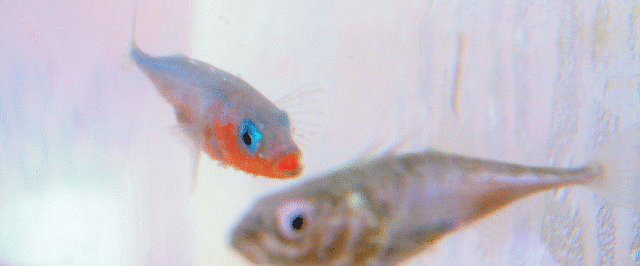Hanna Granroth-Wilding
Parasitism and disease are important influences on the success of wild organisms, but infection does not affect all hosts uniformly. Similarly, individuals differ in how they are affected by environmental stresses such as temperature changes, which are becoming more marked and less predictable, and in addition these stresses can affect how capable hosts are of withstanding the negative effects of parasitism. To understand the role that infection plays in natural populations, consisting of different proportions of different types of individuals under different environmental conditions, it is therefore important to account for variation both between hosts and in the environment. Will climatic unpredictability change the way that hosts respond to infection? Will these changes affect all members of a population equally? What will the likely consequences be for that population – will it persist or go extinct? And what about other populations that are structured differently or experience a different environment?
I am answering these questions using the three-spined stickleback and its cestode parasite Schistocephalus solidus in an independent project funded by Svenska kulturfonden. By combining field observations with lab experiments and theoretical models, I aim to build up a real-world picture of how population structure and individual-variability determine the impact of parasitism on population viability in unpredictable environments.
You can find more details on this and my other projects, along with a full publication record, on my website: http://hanna.granroth-wilding.co.uk
